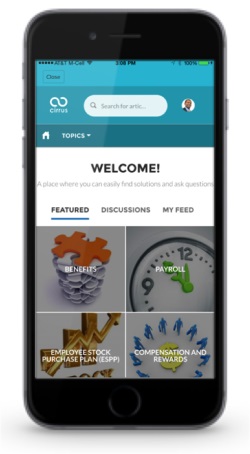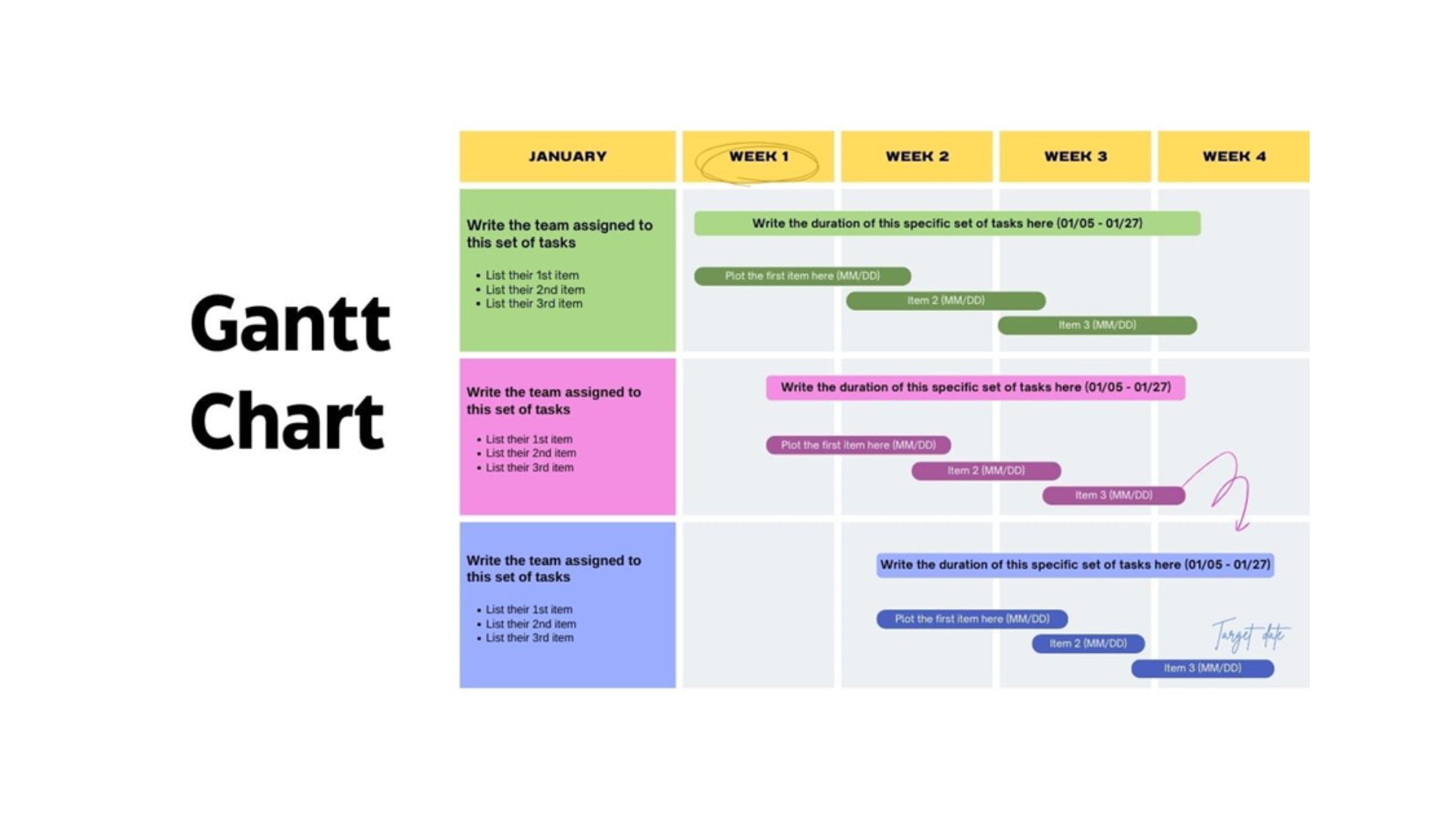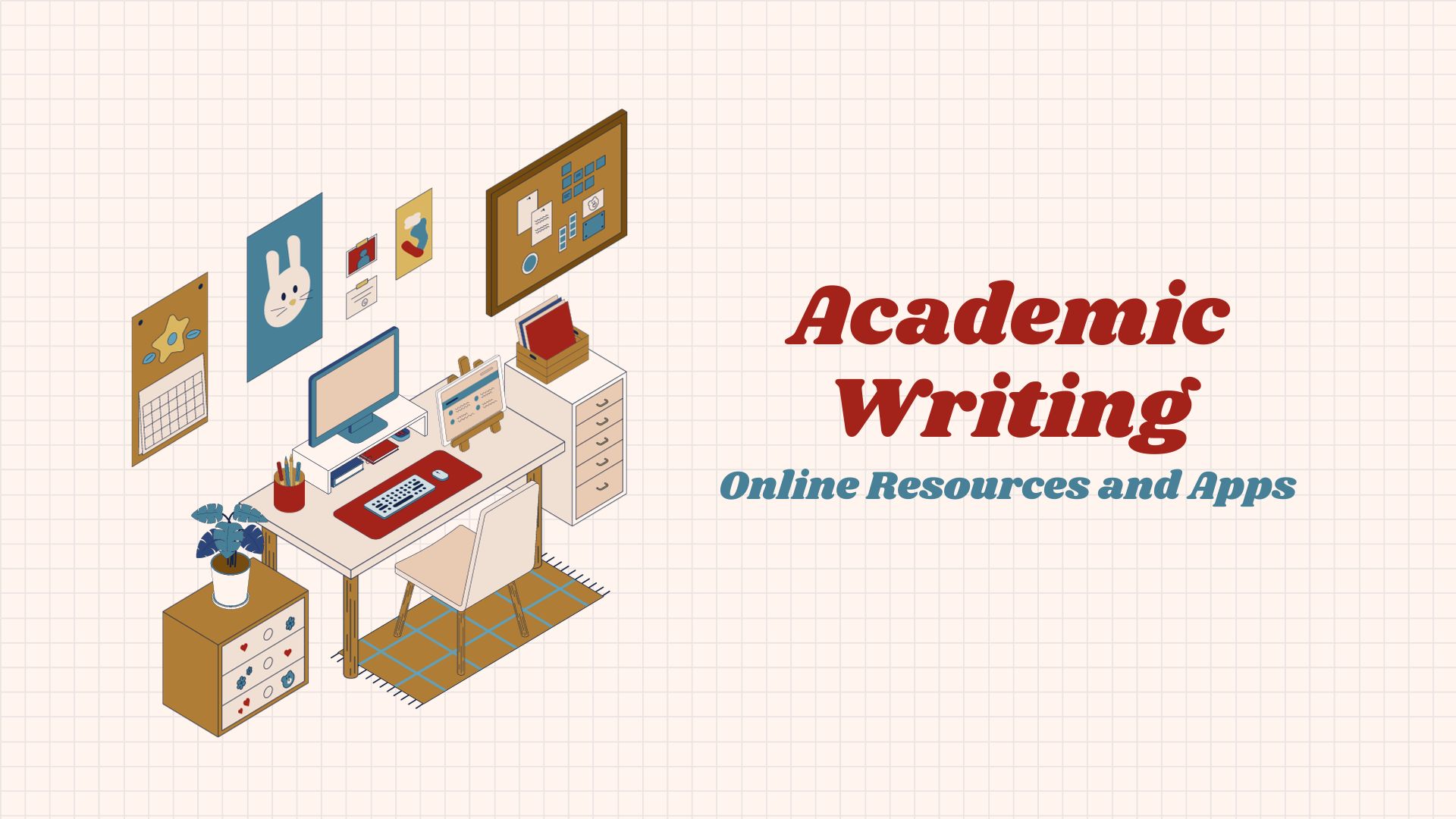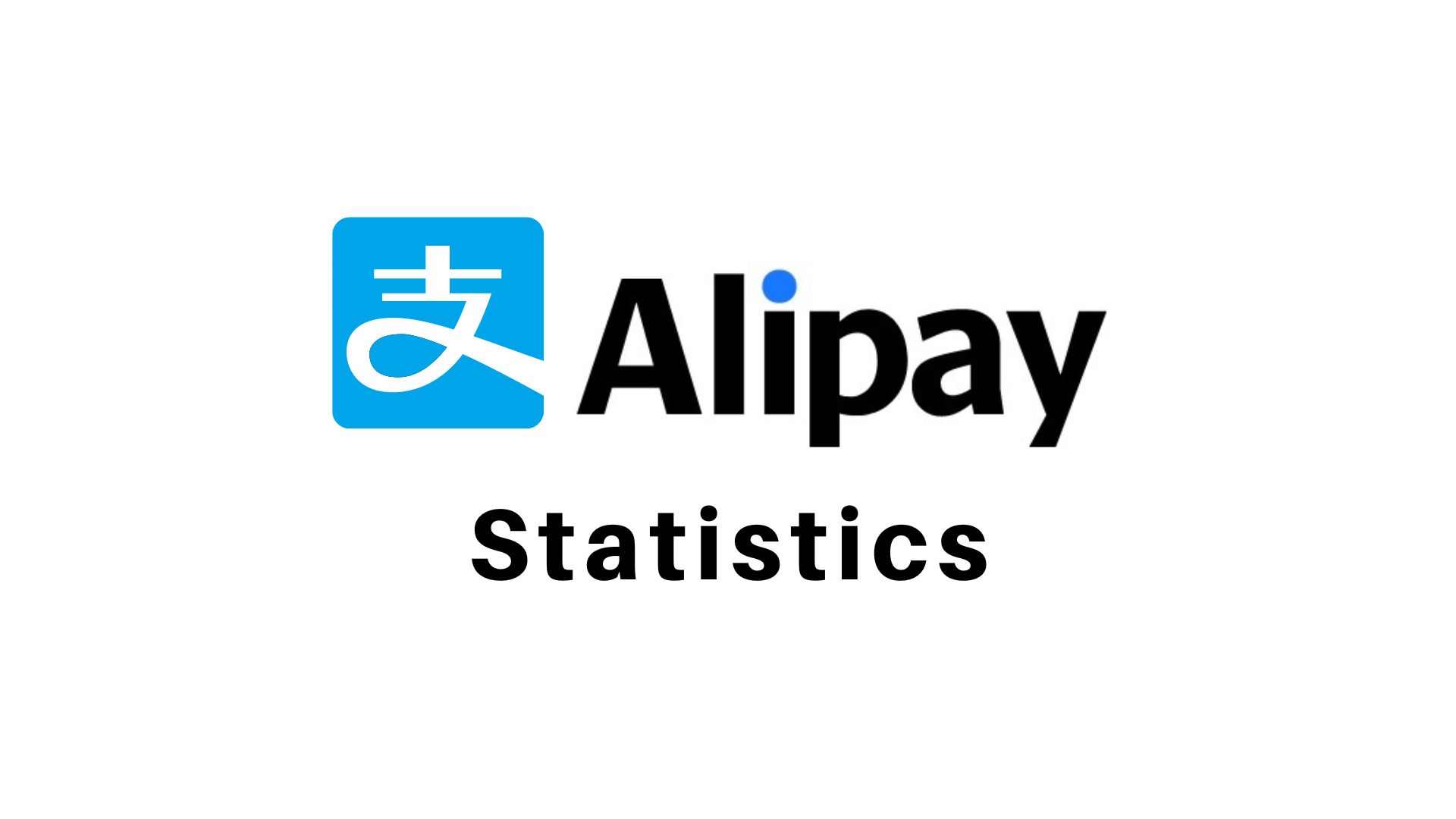Is Salesforce for HR an HCM Game Changer?
Page Contents
Though most folks still associate Salesforce.com with CRM, given that the company pioneered the concept of CRM delivered as a cloud service rather than via on-premise software, the company has been working hard to expand its presence throughout the enterprise.
It's been pretty darned successful at it, too. In 2006 it created the first enterprise app store, which now boasts some 2,700 apps, for example. Through acquisitions it has created “clouds” for marketing, customer service and analytics, all of which are designed to leverage each other.
 Most recently, it jumped into the human capital management (HCM) space, launching a product called Salesforce for HR that appears to focus squarely on employee engagement and talent management.
Most recently, it jumped into the human capital management (HCM) space, launching a product called Salesforce for HR that appears to focus squarely on employee engagement and talent management.
Salesforce has long touted its cloud, social, mobile and data integration and analysis capabilities as key to engaging external customers. The new product utilizes the same technologies to appeal to a company's internal customers, its employees. “Salesforce for HR will uniquely enable [companies] to connect with their employees like never before,” said Alex Dayon, president of products, Salesforce, in a statement.
The move is a logical one, said Brent Skinner, principal analyst for Nucleus Research.
Salesforce partner FinancialForce has built an entire suite of software, FinancialForce HCM, on the Salesforce1 software development platform that also incorporates Salesforce's Chatter collaboration tool, Skinner noted, adding, “So Salesforce has already shown itself to be a viable platform for HCM.”
‘Most Intuitive Area of HCM' for Salesforce
Employee engagement, which in recent years has grown to include mobile and social media is “the most intuitive area of HCM for Salesforce to approach,” Skinner said via email.
“And think about talent acquisition, mentioned as an activity that Salesforce for HR supports,” he added. “Customer relationship management has more in common with candidate relationship management than just an acronym, CRM. It makes lots and lots of sense for Salesforce to enter the HCM market.”
Salesforce for HR addresses five major areas:
- Employee Journeys, a tool that aims to help guide workers throughout their employment, from onboarding to ongoing professional development.
- Employee Communities, a tool that enables companies to create employee communities that connect colleagues and create a collaborative culture.
- HR Help Desk, a tool that helps HR professionals deliver personalized service experiences to employees and also provides employee self-service capabilities powered by the Service Cloud.
- Salesforce HR Analytics, which gives HR professionals and managers increased visibility into key employee performance and productivity metrics.
- Engagement Apps, a development tool for building and deploy the mobile apps that tie into a company’s business processes for areas such as recruiting, onboarding, interviewing and training.
Salesforce has already announced development/deployment partners like Appirio, Deloitte, Jobscience and Lumesse and customers including KeyBank, St. Joseph Health and The Warranty Group for the software, which is available now.
“St. Joseph Health is using Salesforce to increase engagement and improve productivity for employees at 14 facilities across two states,” said David Baker, VP of IT, St. Joseph Health, in a statement. “Employees want the conveniences of consumer-inspired mobile and social technologies available to help them do their jobs better. With Salesforce, we can give that to them.”
Cloud's Competitive Edge in HR
Salesforce's native cloud capabilities, its mobile and social capabilities, and its presence in many enterprises through its CRM and other software give it an edge over many providers of HCM software, Skinner said.
“Salesforce is a real cloud solution. Its agility has enabled the vendor to make this move in the first place and makes Salesforce nimbler, moving forward, than a lot of the long-running, established players in HCM,” he said. “The platform's popularity and ubiquity will make any decision to use Salesforce for HR the easy, go-to one. ‘If we're already using Salesforce for other things, why not use it for HCM, too?' will be the thing going through employers' minds.”
However, Skinner said, Salesforce lacks the deep expertise in the needs of the HR department possessed by many of its HCM competitors.
“A few vendors already in this space and born in the cloud know exactly what they're doing, and they're doing a very good job of it. So there's that,” he said. “At the epicenter of HCM — workforce management, payroll and so forth — some of the new-guard and old-guard players alike have extremely mature, capable solutions. Many an employer will elect to keep those vendors for the other solutions they offer, too, rather than mix vendors.”
The trend in HCM, Skinner said, is for large vendors to offer full HCM suites encompassing workforce management, talent management, core HR, recruiting and everything else — all operating under clean, robust data models. “Because of this, point players focusing on narrow slices of HCM — namely, narrow slices of talent management — have increasingly become less attractive. Salesforce cannot expect, necessarily, to buck the trend.”
HCM Competitors
A smart strategy for Salesforce will be to explore partnerships and standing integrations with established HCM players in areas like core HR and workforce management where it lacks expertise, Skinner said. “Especially with payroll, Salesforce will be wise to explore and forge standing integrations with ADP, Paychex or others,” he said.
The question of competition is a tricky one for Salesforce. It appears to be carefully parsing its words in regard to companies like Workday and positioning its new product mostly as a complement to existing HCM systems rather than a competitor. Here is language from its press release announcing the product: “Salesforce for HR complements existing HCM and HRMS implementations by delivering a system of engagement that helps companies connect with their employees in a whole new way.”
But Skinner said Salesforce will compete directly with “any vendor already in this space that has a solution born in the cloud,” including companies like Workday and Ceridian.
“You could make an argument that Infor is very well-positioned to compete with Salesforce for HR, too.,” he added. “Also, look at Ultimate and NetSuite: They've now viably integrated their clouds — UltiPro HCM and NetSuite ERP — to provide a solution straddling HCM and, among other things, strong financials-related functionality. Even the mere notion of the cloud lends credence, psychologically, to that strategic partnership.”
And one cannot discount legacy players that have built or acquired cloud HCM solutions. “SAP, for instance, is investing heavily in its Jam solution for social collaboration, which only strengthens SuccessFactors' ability to face a Salesforce headwind,” Skinner said.
Ann All is the editor of Enterprise Apps Today and eSecurity Planet. She has covered business and technology for more than a decade, writing about everything from business intelligence to virtualization.

Public relations, digital marketing, journalism, copywriting. I have done it all so I am able to communicate any information in a professional manner. Recent work includes creating compelling digital content, and applying SEO strategies to increase website performance. I am a skilled copy editor who can manage budgets and people.



